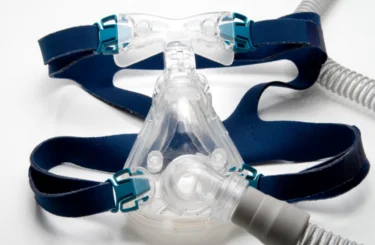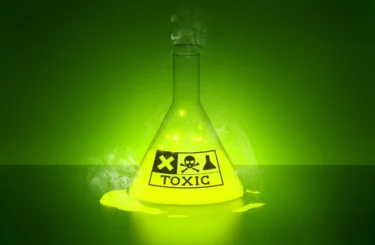You Have Been Injured by Someone Else’s Negligence – What Damages Can You Recover in Michigan?
Personal injury actions can arise from many types of negligence. You can be seriously hurt – or worse – from automobile accidents, medical malpractice, defective products, dangerous property conditions, dog bites, and other careless or intentional acts. When the pain and expense you’ve suffered is someone else’s fault, you may have grounds to file a lawsuit.
In a personal injury action, the plaintiff – the person who sustained the injury or a designated individual acting on his or her behalf – seeks to be made “whole” in the form of damages.
In Michigan, how much you can recover is largely determined by the legislature and the courts, but compensation is generally broken down into economic and non-economic damages.
Economic damages include the direct financial loss from your injury, and are often easy to determine because there is usually an actual dollar amount involved. The two main categories of economic damages are:
- Medical Expenses: If the injury requires medical care, the defendant may be liable for expenses resulting from surgery, hospitalization, rehabilitation, and ongoing treatment. In certain cases, an insurance company may be entitled to reimbursement from any damages for bills its has paid toward the plaintiff’s care.
- Lost Wages: When an injury causes the plaintiff to miss work or lose a job, he or she may be awarded money to compensate for lost income and job benefits, as well as future earning capacity. A family’s dependence upon the plaintiff for financial support may also factor in the calculation.
By contrast, noneconomic damages are not as easy to determine, and can include awards for pain and suffering, emotional distress, and loss of consortium or companionship.
- Pain, Suffering & Emotional Distress: Most injuries cause some amount of pain and suffering, from a few seconds to a lifetime. This can include physical pain as well as emotional pain in the form of post-traumatic stress disorder, mental anguish, fright, and shock. Also, a plaintiff may recover for feelings of embarrassment and humiliation from any scarring and disfigurement. In certain cases, state statutes limit the amounts a person can recover for pain and suffering.
- Loss of Consortium or Companionship: In certain cases, family members can recover damages for the loss of their relationship to the plaintiff because of the injury. A spouse may be compensated for loss of consortium, and a child may receive damages for loss of companionship, although Michigan does not recognize a patient’s claim for loss of companionship with an injured child. These damages can be substantial in cases alleging wrongful death or a severe injury.
Punitive or exemplary damages are another type of award in personal injury lawsuits. Although not intended to make the victim whole, they may be awarded to discourage other individuals from engaging in the type of behavior that brought about the injuries and punish the wrongdoer. Due to tort reform legislations, Michigan does not recognize claims for punitive or exemplary damages.
Determining and proving your damages can be difficult and complicated. Insurance companies are not your friends or allies in this process, and if a lawsuit is filed, they will hire attorneys, investigators, and experts to aggressively defend them. That’s why you need your own courtroom-tested lawyers to fight for you.
The attorneys in Sommers Schwartz Personal Injury Group have successfully represented plaintiffs in many types of matters, helping them to recover the damages to which they are entitled under the law. If you have been harmed as the result of someone else’s negligence, carelessness, or willful act, please contact us today to discuss your right to compensation.
Samuel A. Meklir
For over 35 years, Sam Meklir has focused on representing plaintiffs seriously harmed as the result of defective products, auto accidents, birth trauma, fire and property loss, trucking accidents, wrongful death, medical malpractice, construction accidents, and automobile negligence.





